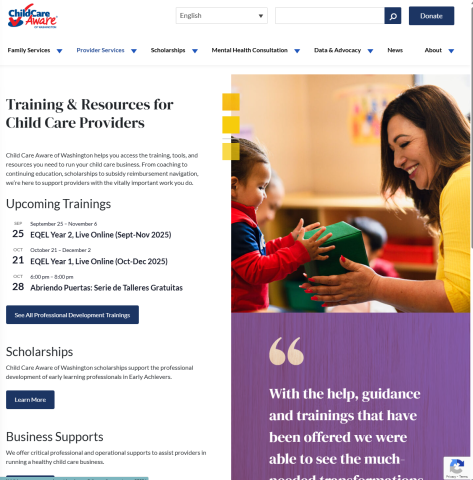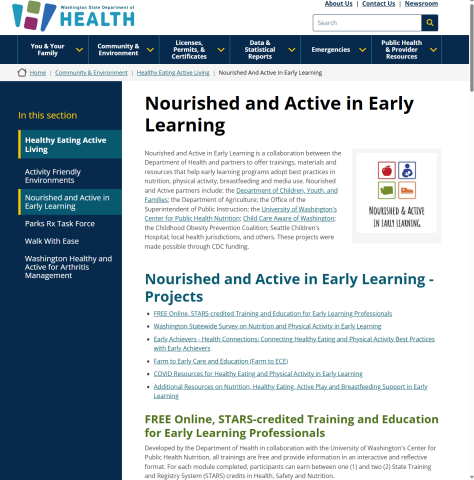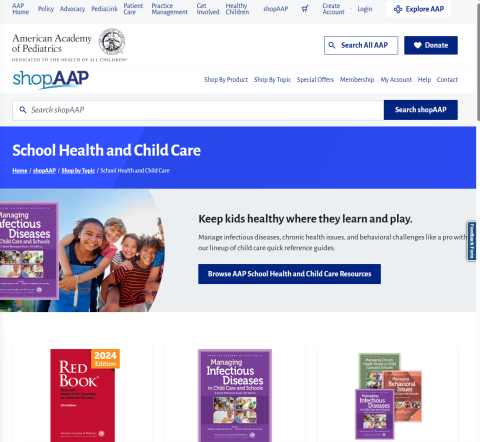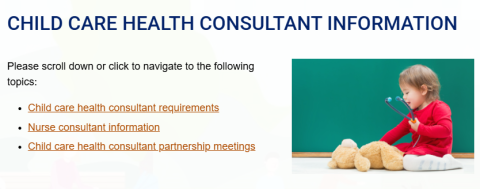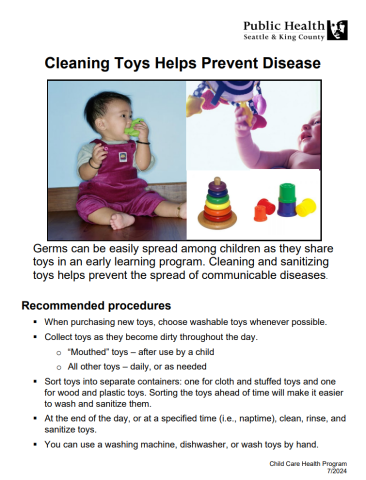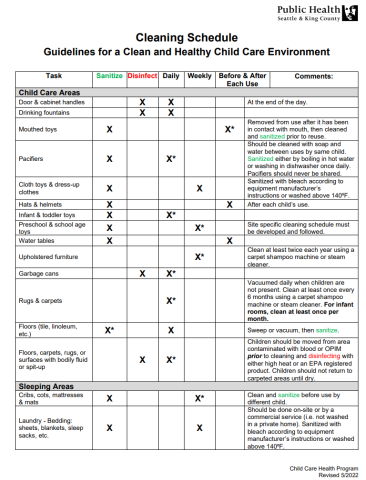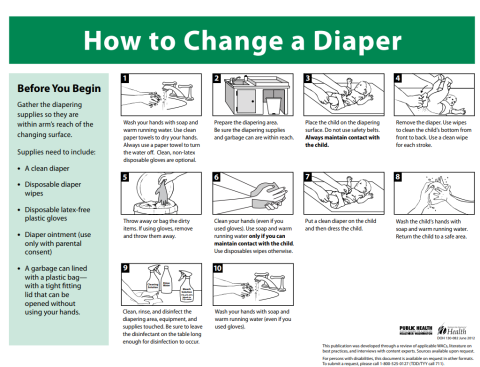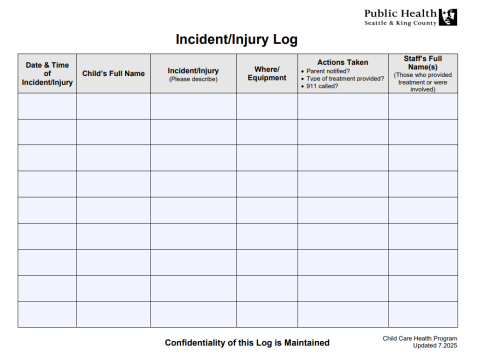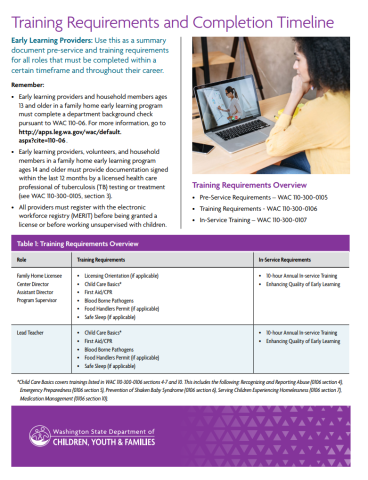Child Care Health Resource Library
A space for early learning providers and families to browse and find resources to support the health, safety, and development of children and caregivers in child care settings.
Are you a Child Care Health Consultant? Sign in or Register to join the CCHC Hub to access additional CCHC-specific resources or suggest new resources to add to the Child Care Health Resource Library.
